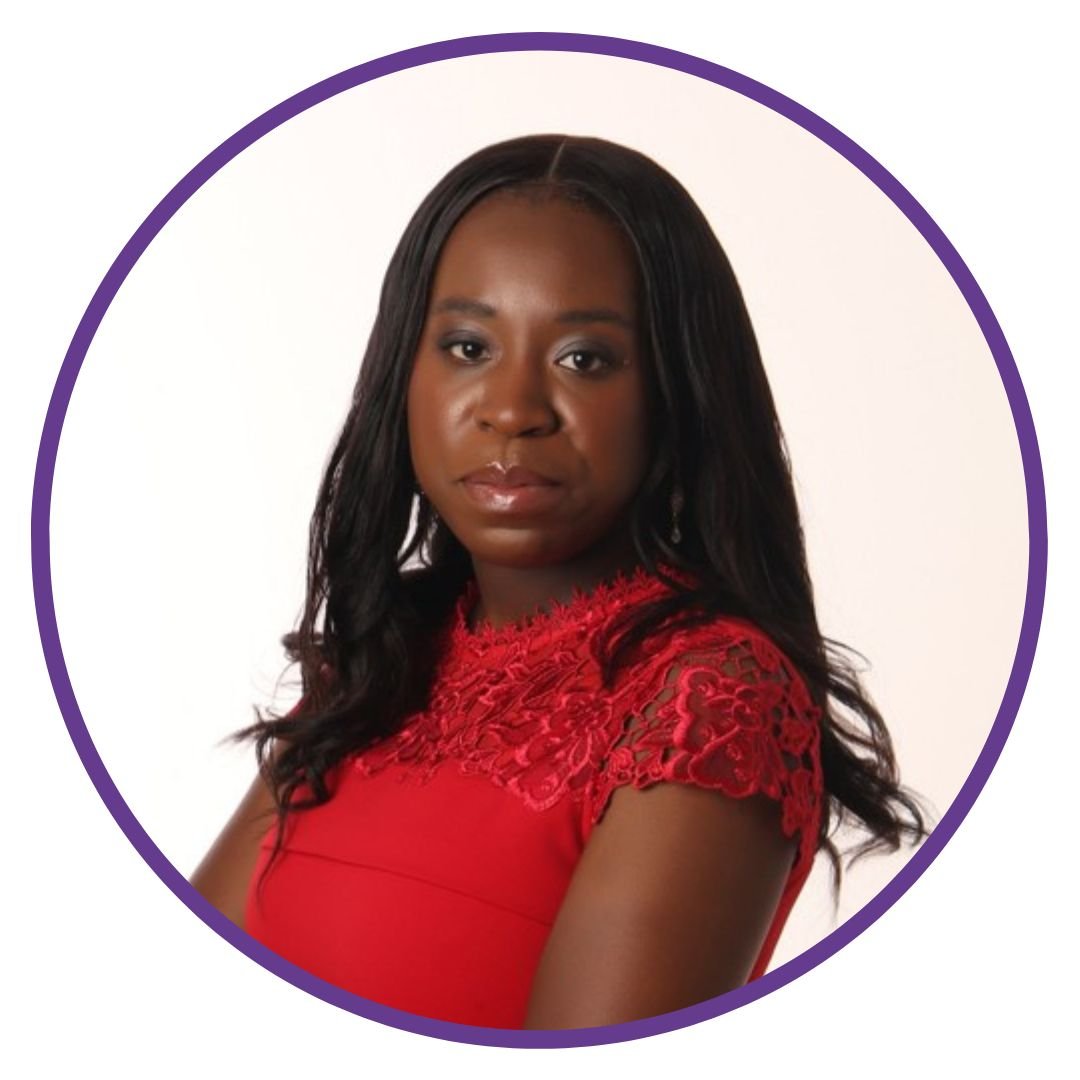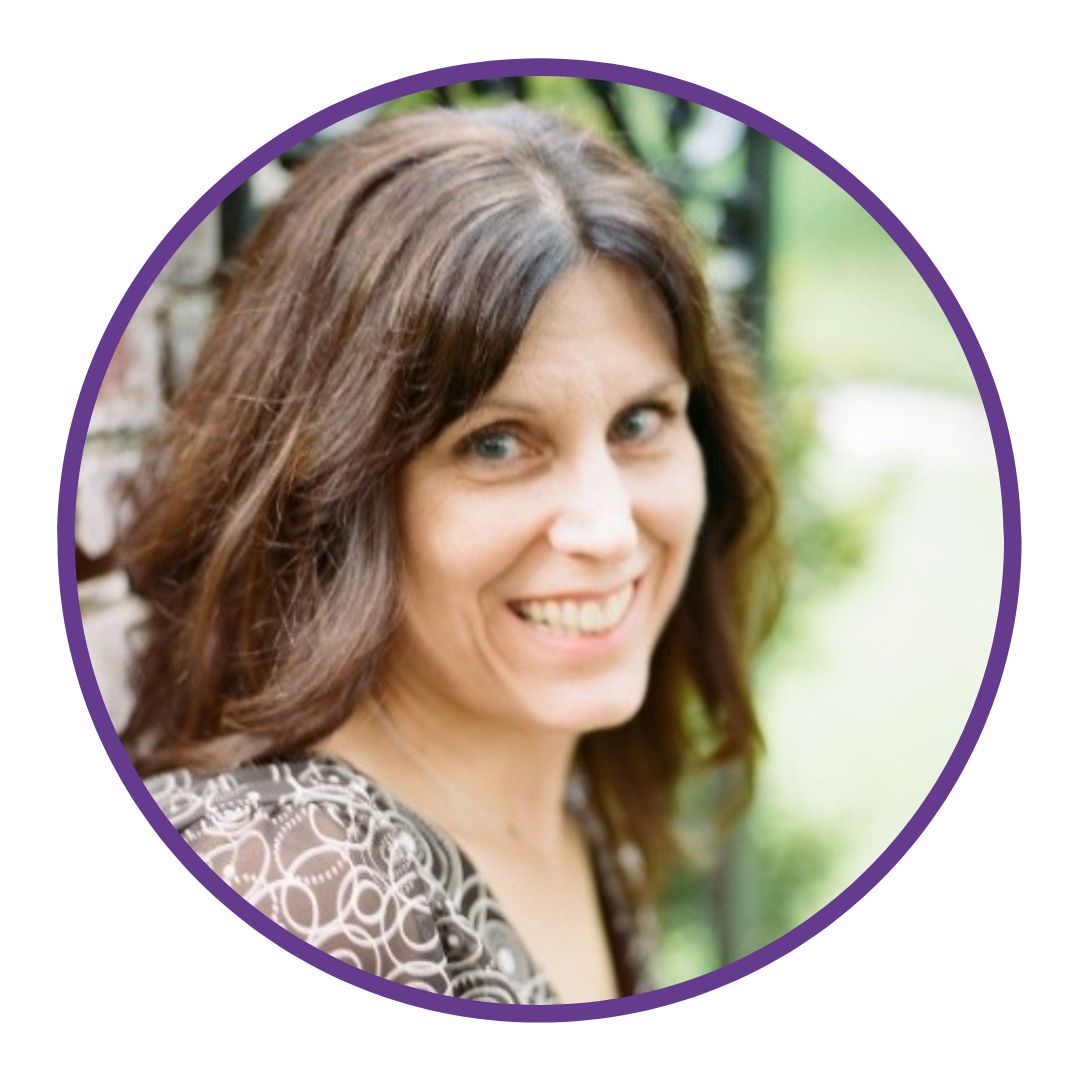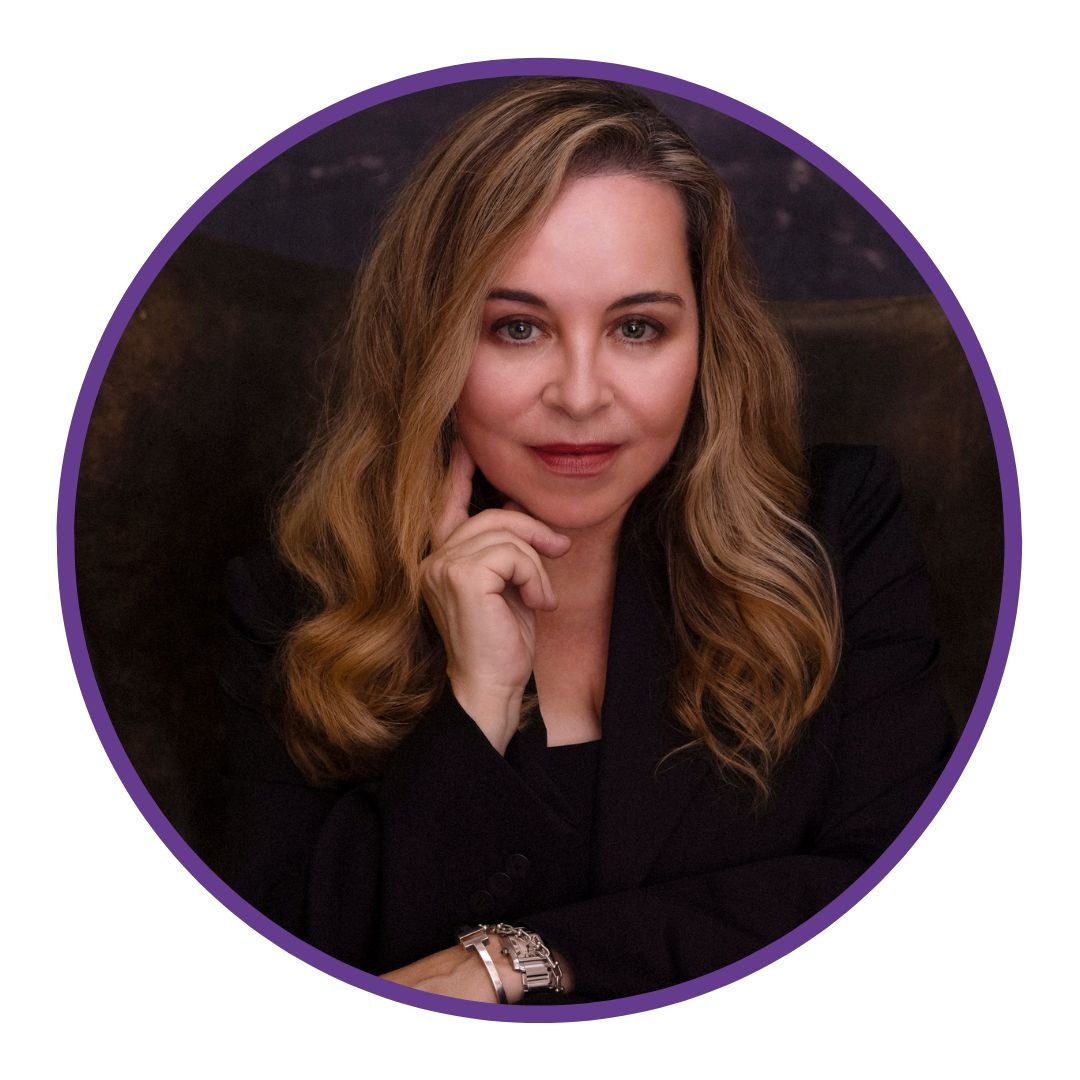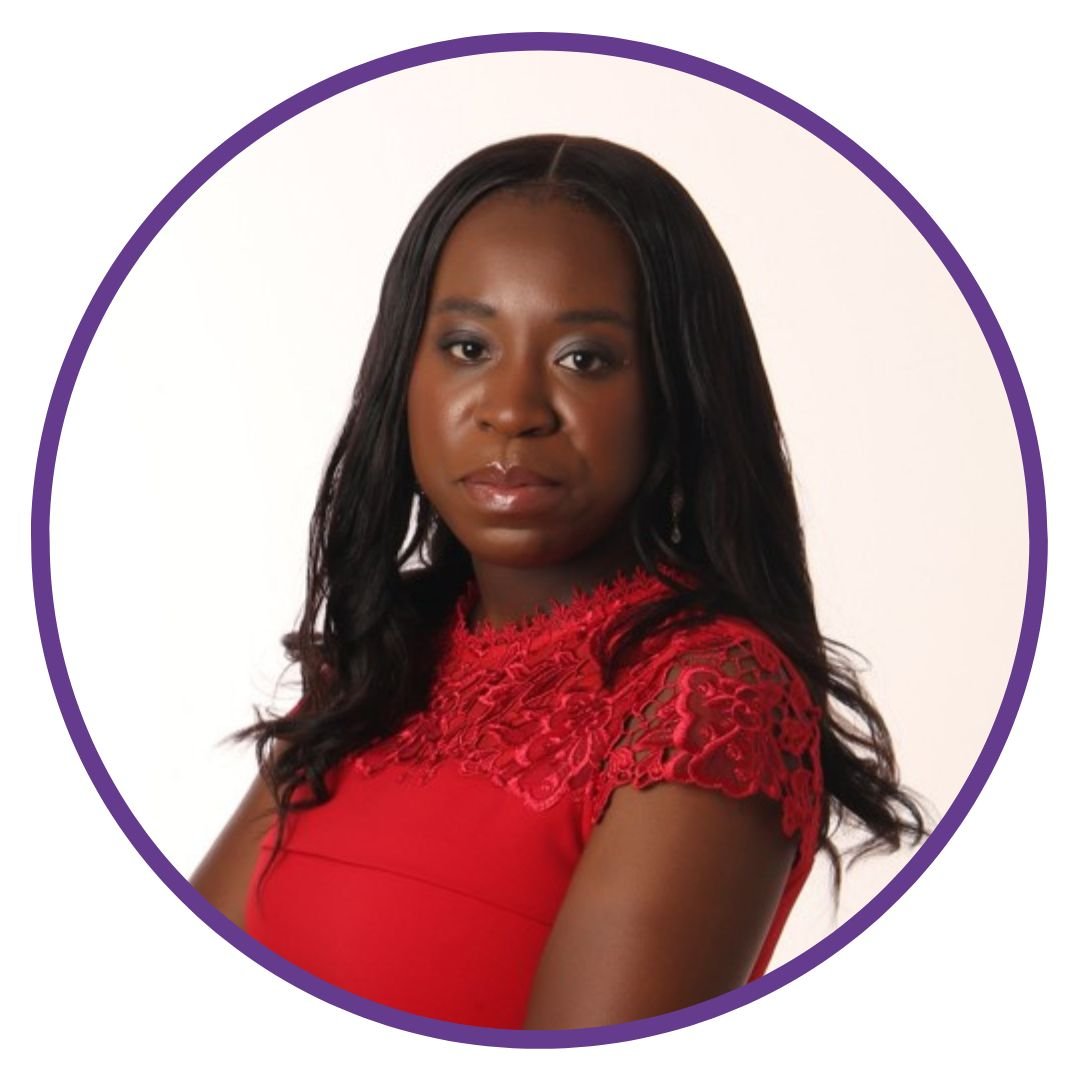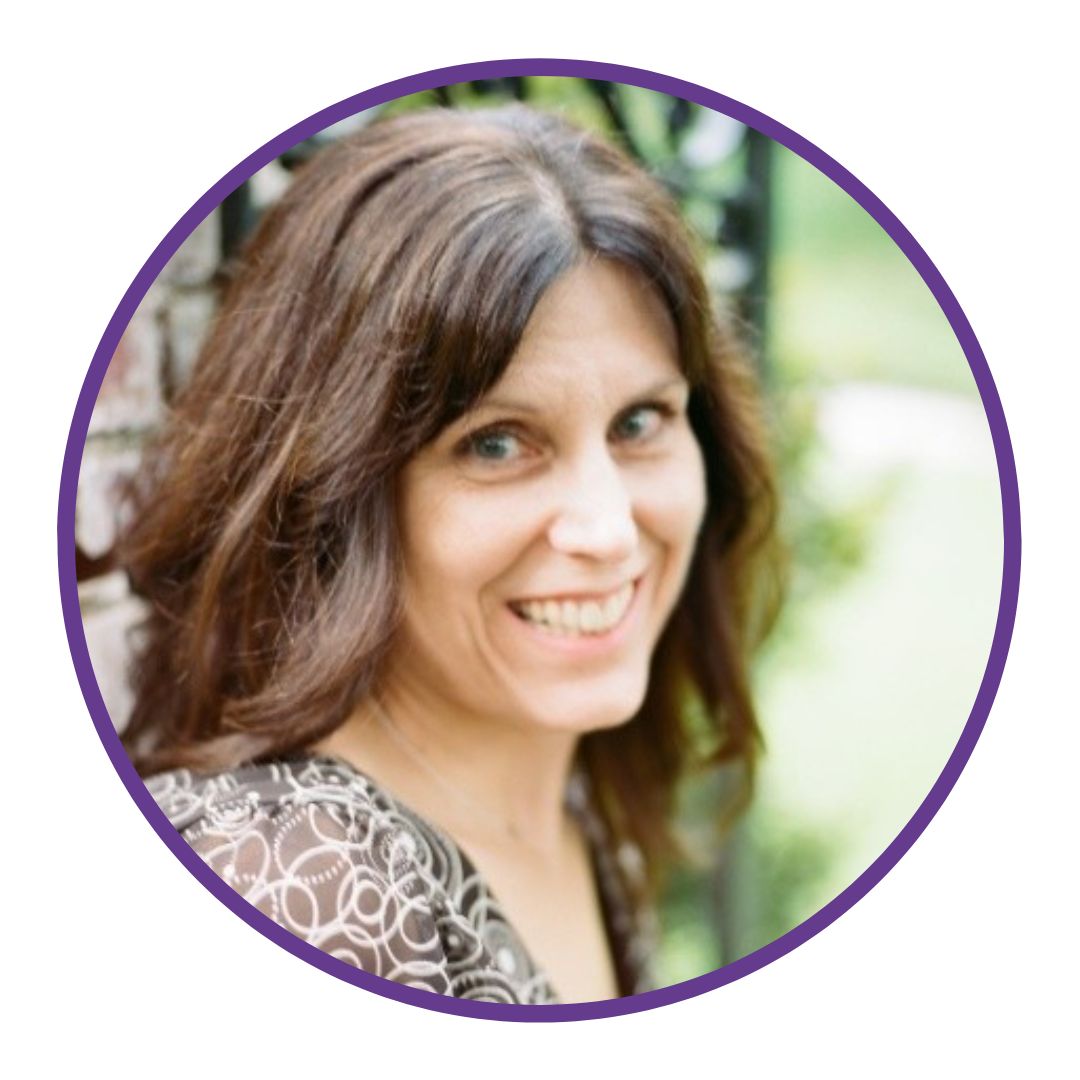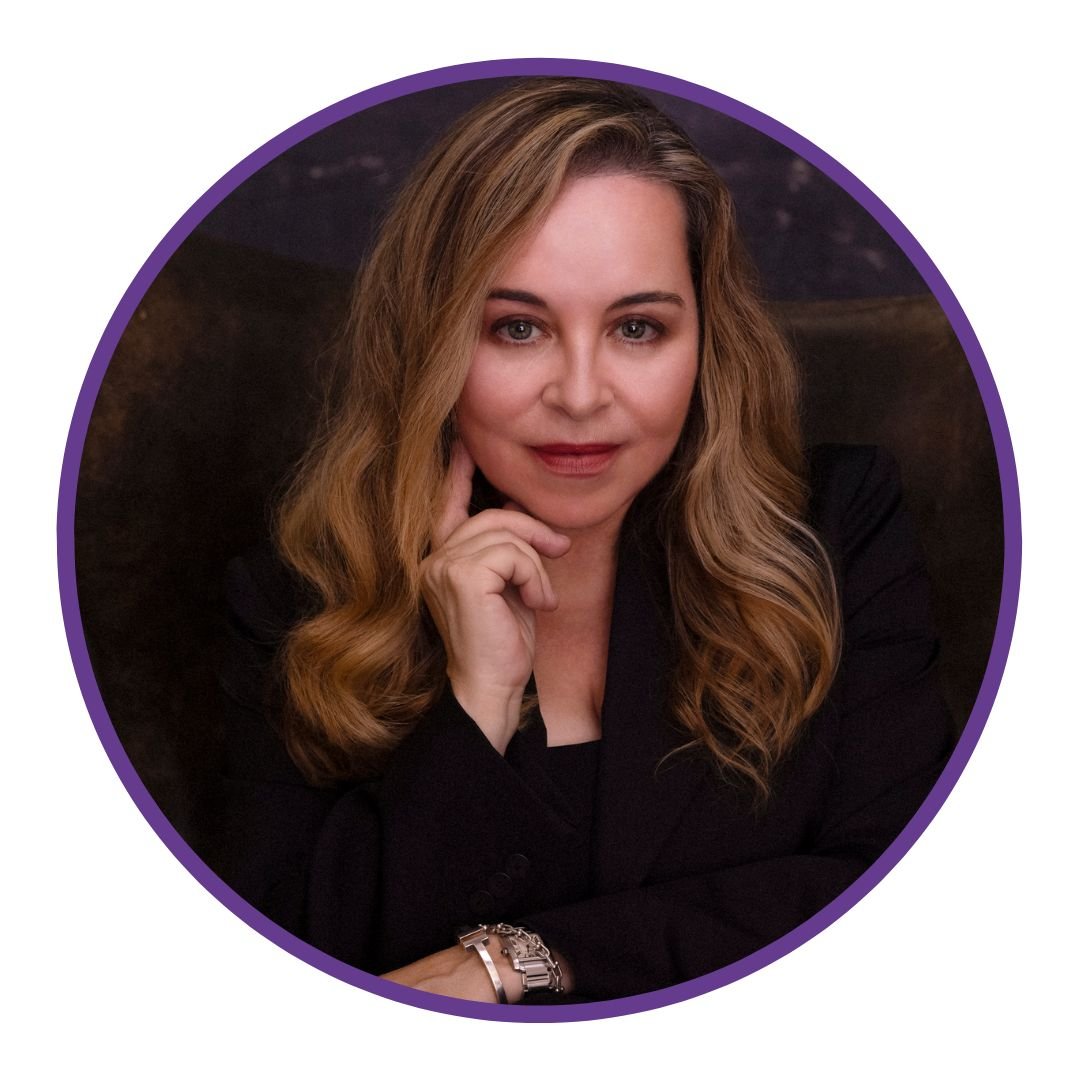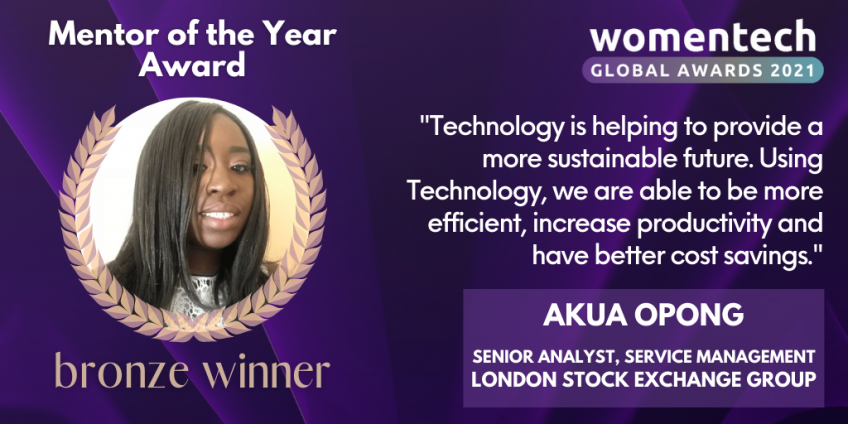
In this roundup, we delve into the evergreen topic of productivity, a key focus in many sessions at the upcoming Women in Tech Global Conference. To offer you practical and proven strategies to enhance your efficiency, we've compiled insights from interviews with three accomplished and inspiring women in the tech industry. Each of these leaders brings unique experiences and valuable advice to the table. Our roundup is designed to equip you with actionable strategies and tested methods that have driven their success. As we explore their diverse perspectives and tips, our goal is to help you discover new ways to boost your productivity and achieve greater heights in your professional journey.
Prioritizing Productivity
How do you effectively prioritize tasks and manage your time in the dynamic and demanding tech environment?
Akua Opong is a dedicated Senior IT professional with a strong ambition to excel as a Technical Project Manager, focusing on Accessibility and Sustainability. She skillfully applies technology concepts to solve problems and achieve business objectives, ensuring high-quality IT service delivery, project execution, user experience, and technical documentation for the EMEA Technology Team. As an enthusiastic STEM Ambassador, Akua takes pride in coaching and mentoring young people, interns, and graduates, equipping them with the necessary skills for thriving STEM careers.
Effectively prioritizing tasks and managing time in the dynamic and demanding tech environment requires a combination of strategic planning, organization, and adaptability. Here are some tips to help you navigate and succeed in such an environment:
Set Clear Goals:
Define your short-term and long-term goals. Knowing what you want to achieve will help you prioritize tasks that align with these goals. I use Ikigai to refine my goals what is my purpose and why? What do I want to achieve as the outcome?
Prioritize Tasks:
Use frameworks like the Eisenhower matrix (urgent/important) to categorize tasks. Focus on high-priority tasks that align with your goals and contribute significantly to the overall project or company objectives. I write down the key tasks I need to complete each day. Also, limit multi-tasking as it can be ineffective and focus on one task at a time.
Break Down Larger Tasks:
Divide large projects into smaller, more manageable tasks. This makes it easier to tackle them one step at a time and reduces overwhelm. I started using the Pomodoro Technique during the lockdown period and found this to be very effective. Employ task management tools such as Trello, Asana, or Jira to keep track of tasks, deadlines, and progress. These tools can also facilitate collaboration with team members.
By combining these strategies and adapting them to your specific context, you can enhance your ability to prioritize tasks and manage your time effectively in the dynamic tech environment. One great book that I want to highlight is Productivity Ninja (https://www.amazon.co.uk/How-Be-Productivity-Ninja-Achieve/dp/178578028X ). This has helped change my mindset on how I approach tasks and projects.
Deirdre Sommerkamp is a dynamic leader at Upland Software, where she heads the Solutions Consulting organization within the Sales Effectiveness Business Unit. Known for her decisive leadership and ability to simplify complex concepts, Deirdre excels in communicating clear visions, driving revenue growth, enhancing employee engagement, and fostering innovation. She is also a Founding Member at WomenTech Network. Deirdre has over 20 years of experience, she has significantly contributed to accelerating revenue growth for organizations ranging from $20M to $10B by optimizing seller effectiveness.
I live by my calendar, and I time block. I spend 5-15 minutes early morning, midday and at the end of my workday to effectively manage my calendar. I use the Do-Delegate-Delete method of sorting items, and all the "Do" items get onto my calendar. If I have a dozen items that will take me 5 each minutes to do, I block off an hour for those small tasks. I even block off time 3 times a day to return emails and phone calls so I can focus on deep work when not meeting with others. I have multiple calendars; so I have them all integrated into one master calendar with color coding for personal items, work items, etc. Identifying what needs your attention, what meetings you need to join vs which ones you can delegate is also an important aspect of productivity. On a personal note, if it's not a "heck, yes!" for me, it's a "no."
Stefanie Nastou serves as the Vice President of Marketing at TeamViewer, where she excels as a data-driven marketing executive with a talent for building brand equity and establishing performance-centric marketing programs. Her role as a key member of the executive management team and a trusted advisor to C-Suite executives has enabled her to create global marketing strategies that consistently drive revenue results. Stefanie's expertise spans a broad range of areas including B2B and B2C sales and marketing, digital transformation, public relations, brand development, social media, corporate communications, and customer experience management. She is also a Founding Member at WomenTech Network.
The first and most important step to prioritization, personally and professionally, is defining your long and short-term goals and ensuring they are actionable and measurable. Write your goals with the end in mind, and make it your roadmap for prioritization. You must be agile because the tech industry is constantly changing, and you need to be able to adapt your goals quickly to react to market conditions. Your outcomes need to be measurable to assess achievement and overall performance. Have a baseline for success to define what good looks like, and this will give you a clear vision of the priorities you want to achieve. I would also recommend that you break larger goals into smaller short-term goals with a realistic timeline. This way you will feel like you are being productive and making progress toward completing the larger goal and will be more motivated as you complete each milestone.
Productivity for Career Success
Could you share a pivotal career moment where your productivity strategies played a vital role in achieving success?
When I was working on an IT Sustainability project that would help provide IT equipment to school children and charities, using productivity strategies helped me to work efficiently and effectively to ensure that the project achieved the desired outcome. This enabled me to break down tasks into manageable chunks and set deadlines before I could move to the next stage of the process.
Early in the project, I allocated timescales for the relevant stakeholders to complete tasks and share the responsibilities by delegating tasks to other teams. Setting clear communication channels and collaboration was facilitated through task management tools. We conducted regular reviews and meetings to ensure everyone was aware of the progress and were updated on any delays/challenges that were faced during the whole process. This strategic approach not only met deadlines but also showcased the ability to navigate challenges, leading to project success and recognition within the team, exemplifying the impact of effective productivity strategies in achieving professional milestones.
- Akua Opong
I've always been entrepreneurial, and if you're familiar with Clifton Strengths, my top three strengths are Activator, Strategic and Achiever. I get things done, and I move quickly. I recently founded and launched a new business, Creative Sales Academy. I gave myself a short timeframe to launch. There was a tremendous amount of work to be done, so I hired an Academy Director and delegated much of the work so I could stay focused on my corporate role. That and being able to time block all of my non-working hours - early mornings, nights and weekends for that 3-month period - was what made the launch a success.
- Deirdre Sommerkamp
The best advice I received years ago was to approach large projects or initiatives with a phased approach. You will be less overwhelmed and will learn and optimize before you start the next phase. This is particularly important in marketing since a lot of it is trial and error. I have always achieved exceptional campaign results, because I start with a small test segment, focus on a small geography, and key targets, learn, iterate, and optimize. Then when you launch your campaign globally you over-achieve performance results because you’ve optimized the campaign based on what you’ve learned in your test segment.
- Stefanie Nastou
Work-life Balance
Balancing personal life while excelling in tech can be challenging. What strategies have helped you strike this balance?
Work/life balance is so important to become successful. This always links back to your why. What are you trying to achieve? For me to ensure I develop my skills, make an advancement in my career and allocate time for hobbies & interests. I use Evernote and Notion to create a tracker. The tracker is broken down into the following areas over 12 months:
Education
Self-Development
Business/Career
Family & Friends
Hobbies & Interests
Health & Wellbeing
Emotional & Spiritual
Financial
One of the key aspects is to develop a growth mindset and commit yourself to continuous learning as you learn something new every day, even spending 15 minutes a day as this all adds up at the end of the month. I have put aside time within my day to read 10 pages of a book and Wednesday afternoon to spend time enhancing my skills. This not only enhances your capabilities but also helps you adapt to the evolving tech industry. I think this is essential to success in the tech industry, but I try to apply this to several areas of my life – just keep learning, keep developing new skills – and invest 30 minutes every day in self-development.
After completing a project or task, take the time to evaluate what went well and what could be improved. Use these insights to refine your approach in the future.
Remember “Your work is going to fill a larger part of your life, and the only way to be truly satisfied is to do what you believe is great work. And the only way to do great work is to love what you do” - Steve Jobs
"Work will fill up whatever time on your calendar you allow." Reminding myself of that - there's always more work to do than time allows - really helps. Each day I decide what the most important 1-3 things are for that day, and I also determine the 3-5 most important things for the week. I stay focused on those, and I own my calendar as do my direct reports. I decide to start and end my work at a certain time every day. Every day might be different, but it's planned. Some days I put in 12 hours because it's needed on that day, and other days, I work less. Priorities change so I will say, "Yes," to something unexpected that's important, but I communicate that the deadline for another item will be moved out, so my work-life harmony does not suffer.
It took me a while to create a work/life balance. For many years I was always accessible, but I read an article that described the essence of productivity and how we only have a few hours a day of what’s called peak productivity. This is when you do your best work and make good decisions. So, to maximize my peak performance time, I created a balance by working on regular meditation walks twice a day, and weekly yoga, where I can clear my mind. This is typically when I get my best ideas and I am much more energized and productive when I get back to work. I also made it a personal rule to never check email during my family vacations (hard at first, but doable, I promise). This digital detox has been a transformative experience for me and my family.
My Productivity Mantra
Do you have a personal productivity mantra or principle that has guided your career journey?
I believe we should "Work smarter, not harder." This mantra emphasizes the importance of efficiency and effectiveness in your work. Instead of focusing solely on the quantity of tasks completed or the time spent working, it encourages you to prioritize tasks that contribute the most to your goals and to find more efficient ways to accomplish them. It emphasises the value of strategic thinking, planning, and optimizing workflows to achieve better results with less effort.
Always remember to link your goals back to Ikigai.
Ikigai combines the joy of doing something and a sense of purpose, meaning and well-being. It's a feeling that your life is valuable, that you have an impact.
Remember to factor in breaks and review the different components of the project to ensure that you deal with any conflicts or issues early on. Use techniques like the Pomodoro Technique (https://todoist.com/productivity-methods/pomodoro-technique) to structure your work and break periods. This is an effective time management tool to work on your ToDo list.
Don't hold meetings for things that can be accomplished via email or quick phone call. Question whether you're really needed at each meeting you're invited to join and make sure that your team (if you have direct reports) has the same freedom to ask for agendas and an understanding of what their role will be at the meeting. Also, delegate as much as you possibly can to make free space on your calendar for more strategic items... there is no shortage of those in tech.
Never be satisfied with the status quo. Don’t try to rush through your list of priorities. Look beyond your goals and push boundaries to get the best possible outcomes. Your goals represent your priorities so make sure you stay on track, but always look at ways to raise the bar and don’t be afraid to bring your ideas forward. Creative excellence comes with being fearless, so be okay with stepping out of your comfort zone. You will be surprised at the results and opportunities that come your way!
To keep this and other insightful conversations going and join a community of like-minded professionals, don't forget to check out our monthly networking events. These gatherings are a fantastic opportunity to meet and learn from trailblazers in the tech industry.


